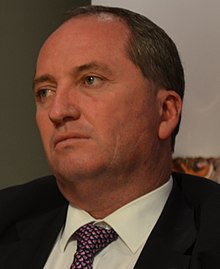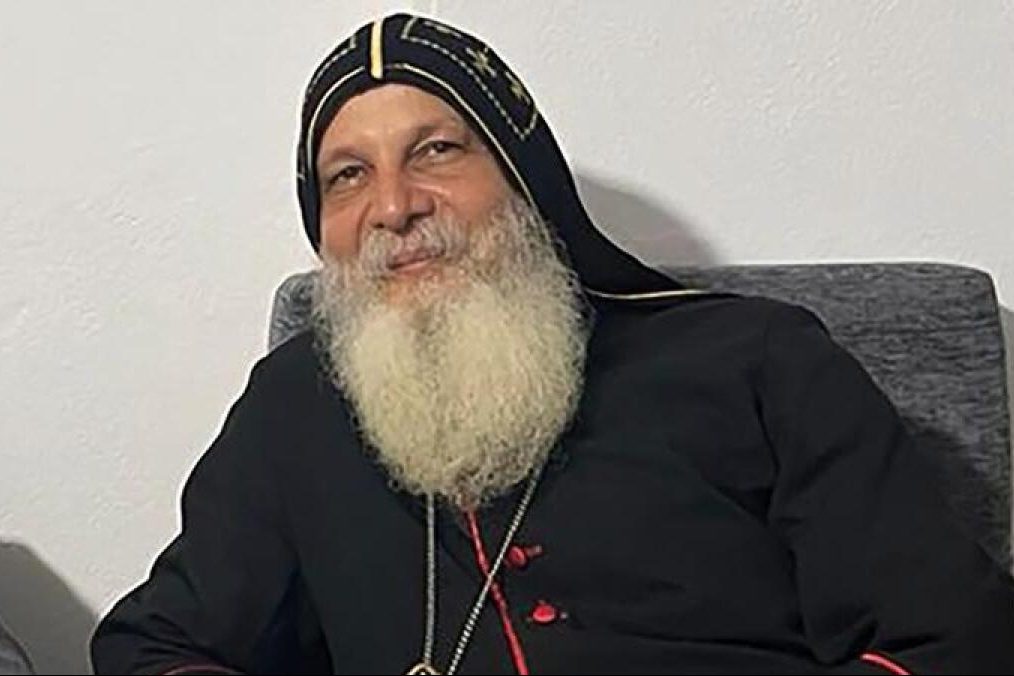Joyce said to bring on a private member’s bill required more than half of the actual 151 members of the House, posing a big problem when many members were not there, writes political columnist MICHELLE GRATTAN.
FORMER Nationals leader Barnaby Joyce has condemned the slimmed down, part-virtual covid parliament as living “in a half life” and compromising democratic rights.
“No disease in 2020 should interfere in your parliamentary democratic rights. Parliament in a half life is not a parliament, it is merely a rather large building, kind of a new age palace in Canberra,” he said.

Under rules agreed for the current sitting fortnight MPs can participate in parliament remotely and ask questions and speak but cannot vote.
The prohibition on remote voting reflects not just technological challenges but a desire to preserve the integrity of votes, represented by the tradition of the chamber doors being locked when votes are counted.
There are some differences in rules between the House of Representatives and the Senate – senators can move amendments remotely.
The House numbers in the chamber at any one time are limited not just to comply with social distancing but to avoid ACT health rules that would apply if the number was above 100. The parties have rosters. Numbers are managed to reflect the balances between the parties.
Writing on Facebook, Joyce said he was in Canberra but every second day he did not have a seat in the parliament to do his job.
“This is all very epidemiologically responsible but also a dangerous intrusion into your democratic rights,” he said.
Legislation passed on a majority vote, but if he was “rostered off” on the day of a vote, how did the people in his New England seat have their wishes represented?
“On that day New England is disenfranchised and there is merely the presumption that their wishes are the same as the executive,” he said.
“It is difficult to be responsible for something I had no vote on and I don’t want to explain how I didn’t actually support something but … that was my RDO.”
Joyce said to bring on a private member’s bill required more than half of the actual 151 members of the House, posing a big problem when many members were not there.
“Nothing will be brought on against the wishes of the executive and don’t the ministers in the executive love that,” he said.
He gave the example that the Senate might soon vote to restore the Northern Territory’s two lower house seats (one of which has been abolished due to population loss) but in present circumstances there would be no way to bring the bill on in the House unless the executive agreed.
“Our parliament can’t work on the presumption of the benevolence of the boss being all good. Whether right or wrong it is just too North Korea,” he said.
“I am sure the PM and cabinet are doing the right thing, I don’t see them as bad people, but if they went off the reservation then there is little or rather vastly less than there should be, to check them.
“This must stop because when the malady is hard to diagnose it is easy to cure, however when it is easy to diagnose – well it is then too late.”
Questioning why MPs could not vote remotely, Joyce said “a person can transfer millions of dollars back and forth in bank accounts but apparently it is too dangerous for a member of parliament to press “y” for yes or “n” for no, check that they have registered on the correct side for how they intend to vote and then press “enter”.
“Apparently it is too difficult to declare the empty public gallery, to allow social distancing, as being part of the chamber, so if you are in Canberra, you can vote responsibly,” he said.
Michelle Grattan is a professorial fellow at the University of Canberra. This article was originally published on The Conversation.
Who can be trusted?
In a world of spin and confusion, there’s never been a more important time to support independent journalism in Canberra.
If you trust our work online and want to enforce the power of independent voices, I invite you to make a small contribution.
Every dollar of support is invested back into our journalism to help keep citynews.com.au strong and free.
Thank you,
Ian Meikle, editor




Leave a Reply